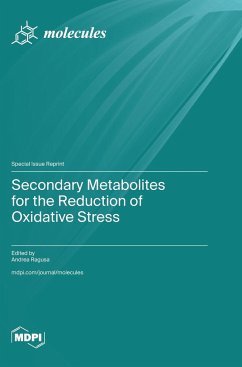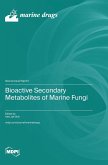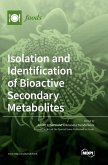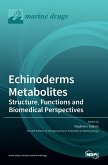Oxidative stress is at the root of several pathological conditions. Reactive oxygen species (ROS) are normally produced inside cells, and their amount is finely counterbalanced by antioxidant enzymes such as SOD, GPx, and catalase. However, when this homeostasis is interrupted, cells suffer from oxidative stress that can also lead to cardivascular and neurodegenerative diseases, as well as cancer, to name a few. In order to help cells fight excess ROS, esogenous antioxidant molecules can be administered through diet. For example, fruit and vegetables are rich in secondary metabolites with antioxidant properties, as are many beverages obtained from natural products. Wine is at the base of the Frech paradox, supposedly because of the high amount of polyphenols contained. Olive oil is one of the base components of the Mediterranean diet and strongly contributes to its beneficial health effects. Several molecules contained in these products, although at low concentrations, have already been shown to exert antioxidant activity, among others, both in vitro and in vivo. This reprint collected contributions from eight original research articles as well as four review articles regarding the exploitation of secondary metabolites in natural products (or derived from them) for reducing oxidative stress.
Hinweis: Dieser Artikel kann nur an eine deutsche Lieferadresse ausgeliefert werden.
Hinweis: Dieser Artikel kann nur an eine deutsche Lieferadresse ausgeliefert werden.








